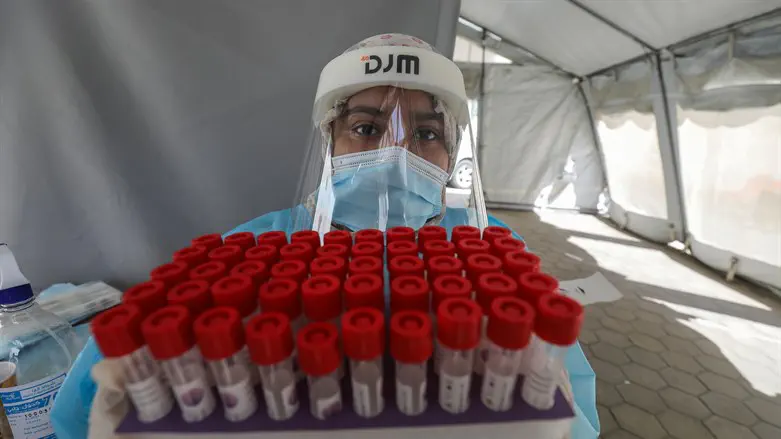
No cases of the new COVID variant identified in southern Africa have been reported in the US thus far, America’s Centers for Disease Control and Prevention (CDC) announced Friday.
In a statement, the CDC said that no cases of the new ‘Omicron’ variant of the coronavirus have yet been reported in the US, after the World Health Organization labelled Omicron a “variant of concern”.
“No cases of this variant have been identified in the US to date,” the CDC said.
“CDC is continuously monitoring variants and the US variant surveillance system has reliably detected new variants in this country. We expect Omicron to be identified quickly if it emerges in the US.”
At least one case of the new strain has been reported in Israel, with seven suspected cases.
The Omicron variant, also known as B.1.1.529, was first identified in South Africa last Tuesday, before being detected in several other southern African nations.
While the new strain has 32 mutations on the spike protein – the portion of the virus which is replicated by the COVID vaccine to induce an antibody response – it remains unclear if the mutations make the variant more transmissible, or whether the mutations could help it to evade vaccine-based immunity.
Professor Barry Schoub, an advisor to the South African government on issues relating to the pandemic, said that the Pfizer-BioNTech vaccine likely will still offer protection from serious illness, even in the face of the Omicron variant.
Speaking to Kan Reshet Bet, Prof. Schoub explained: "This is a brand-new variant, it's a variant which was detected only a few - actually, a week ago in fact - but in Botswana, which is a neighboring country, and South Africa."
"So it's a new variant, and what's worrying us about this variant is it's got many more mutations than any of the other variants. It's got over 30 mutations, and the worrying thing is that these mutations are in the what we call the spike protein. The spike protein is that protein on the surface of the virus which the virus needs to get into cells and then establish infection. And many of these mutations, the changes in the spike protein, we know from other variants are associated with first of all being more contagious, more transmissible, and also escaping from immunity.
"We've never had anything like this in any of the variants. So it's a completely new variant unrelated to any of the other variants, it's on its own evolutionary branch, completely separate from the others."
